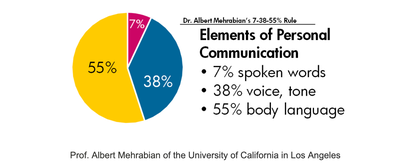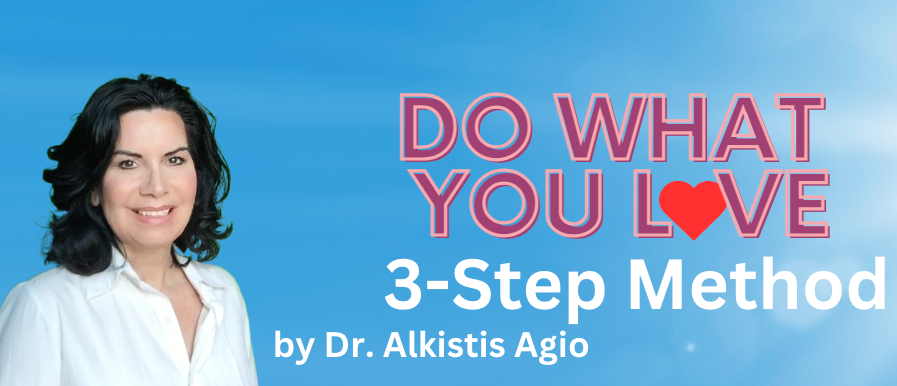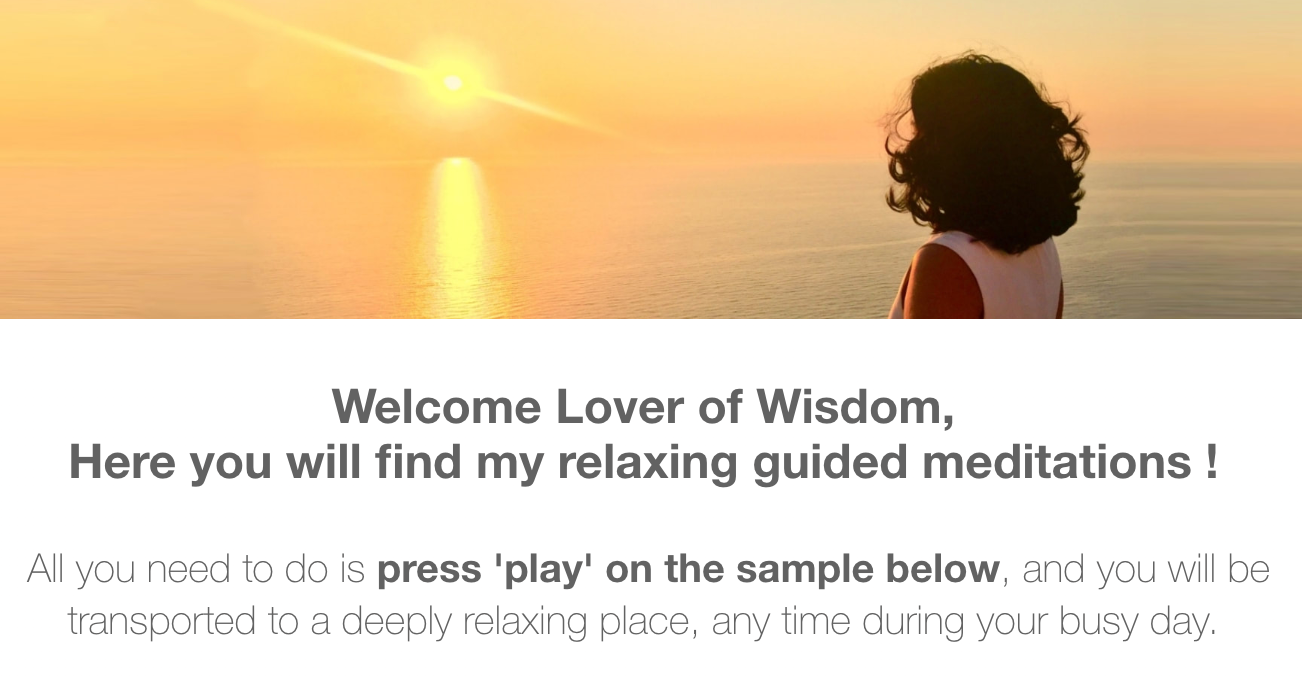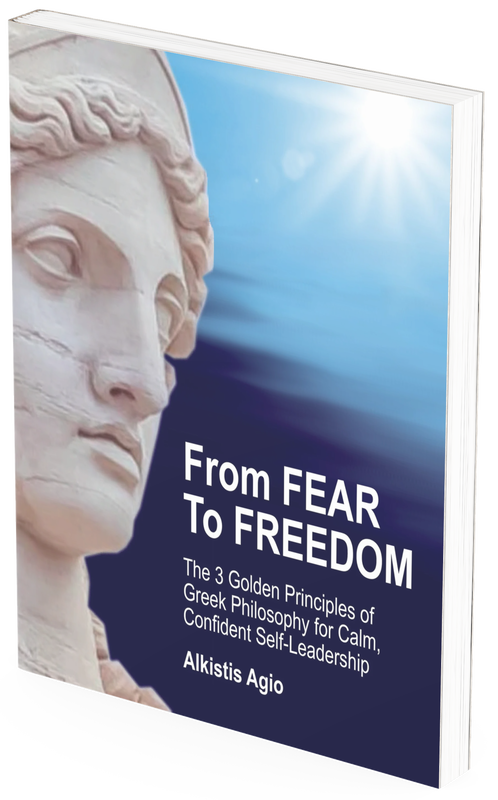|
Let’s face it, if we want to influence and persuade others, you can’t just memorize or mimic the ‘Ten Commandments of Influencing and Persuading’. You can’t expect to apply any hacks, tricks like mirroring (as taught in NLP) or using props like a power-point presentation to get through to your audience. That will only get you mediocre results. Why? Because, getting people to trust you is the most important factor in influence, persuasion and selling but human beings are wired to pick up deception.
In communication, a speaker’s words are only a fraction of his efforts. The pitch and tone of his voice, the speed and rhythm of the spoken word, and the pauses between those words may express more than what is being communicated by words alone. Further, his gestures, posture, pose and expressions usually convey a variety of subtle signals. These non-verbal elements can present a listener with important clues to the speaker’s thoughts and feelings and thus substantiate or contradict the speaker’s words. As this diagram shows, our Conscious Mind is on 12% of the results we are getting, while the Subconscious Mind accounts for 88%. Your subconscious is all about your Pathos.
Hacks, tricks like mirroring (as taught in NLP), or using props like a power-point can only go so far…Your subconscious will reveal who you really are and what you are really thinking. Your ‘shadow’ side will creep up on you and spoil everything…Unless you have done ‘The Work’ on yourself, in a very deep and systematic way. (Don’t worry, you will be given specific exercises to do this deep work in the next section; You don’t need ten years of psychotherapy to achieve this ‘alignment’. It all begins with Self-Leadership. Self-Leadership means having: A developed sense of who you are, what you want, why you want it as well as... The ability to formulate a strategy and influence and inspire yourself and others to follow it through.
WATCH VIDEO AND Enrol in the ONLINE ACADEMY.FOR SELF-LEADERSHIP https://www.alkistis.net/e_learning.html
0 Comments
If you want to take advantage of the tremendous opportunities available today, you will be obliged to discover what you’re really passionate about, your sincere interests and authenticity. This way, you will not be replaceable by A.I. and instead, you will be able to use technology to leverage your results. Through a “Blue Ocean Strategy” (Chan Kim & Renée Mauborgne coined the term in their book by the same name). It is the pursuit of differentiation to open up a new market space and create new demand. It is about creating and capturing uncontested market space, thereby making the competition irrelevant. Creativity and originality are more than just “nice little extras”; they are essential for survival and thriving in today’s economy. More than ever, we have to have the courage to manifest who we really are. See the video and then ENROL in my mini-online course https://www.alkistis.net/dowhatyouloveinvitation.html
Why is a personal brand so important?
If you want to build wealth (and find happiness), you have to take advantage of all the aspects of your personality - your passion, your skillset, your personal well-being, your sense of humor - and transform those into a brand that is irreplaceable…Because if you are making money working as a job description, you can be replaced (either by another human, a computer or A.I.). A personal brand is important because it helps you stand out from the crowd and create a unique identity for yourself, based on your talents and passions-interests. It allows you to showcase your skills, values, and experiences in a way that resonates with potential employers, customers, and partners. It also helps you build trust and credibility networks, and it can help you create a positive reputation that will open up more opportunities for you ! This will make you attract buyers, clients and investors, without you ever having to ‘sell’. In this digital world, building your brand is extremely important because it is equivalent to building wealth. There are two major ways to build huge wealth today: Code or Media. In the latter (which is free for everyone) you can become a “product” yourself.
Write your comments below & SHARE this episode.
Many years ago, I worked in a job I hated...Until finally I took a decision to change my life & work for myself...In the beginning it was very difficult and risky, even dangerous.
Finally, I have made it to doing what I love as a trainer, TV Host and Author of 'Best Seller' (Amazon)... Over the years I learned so many things, and I'd love to spare you all the money, heartache, drama, time and money ! Want to start your own online business like me? I’m so excited to tell you about the BEST tool I’ve found for selling online and building my business. They blow the competition out of the water because this platform solves all the problems that digital sellers face. Watch the video, then insert your details in the OPT-IN BOX on this page, to find out about my 3-Step Method & the Software that I use!
When you finally stop lying to yourself, you can finally be free...
Why? Because Self-Deception is holding you back ! To help you do this, I have prepared this relaxing Guided Meditation which includes a process for getting rid of these "inner lies", and move you closer to Inner Freedom, and real Self-Confidence.
Socrates created the first recorded rational approach to personal development at a time when mysticism and dogma were the standard. He believed that we can only arrive at the truth by questioning our own assumptions, on a regular basis.
“I cannot teach anyone anything, I can only teach them to think.” - Socrates According to Socrates, what often causes suffering is our own misguided and irrational beliefs. We are our own imprisoners, our own torturers, we cling to our toxic, self-sabotaging beliefs, even when they hurt us. The consequences of an unexamined life are tremendous. “An unexamined life is not worth living.” - Socrates Watch this week's GUIDED MEDITATION to experience what he was talking about and finally become FREE. Share your comments below
Someone in our weekly group coaching recently asked me,
"What's the most important habit or practice to have for those who are trying to achieve their goals?" I recommended daily positive affirmations, but in a very special way... Watch this video below, and I hope you'll be inspired to start including this practice in your own daily routine...(It's only 4 minutes long... and it may change your life forever !) Enjoy ! Let me know how you feel about it & share it with your friends on social media.
Self-confidence helps us to believe in ourselves and our abilities. It gives us the courage on our ideas, take risks, and make decisions. It also helps us to stay motivated and focused on our goals. Self-confidence also helps us to build relationships with others. When we are confident in ourselves, we are more likely to be open and honest with others. This can lead relationships and create a strong support system. Self-confidence is also important for our mental health.
When we are confident in ourselves, we are more likely to be resilient in the face of adversity. We can also better manage stress and anxiety. Overall, self-confidence is an essential of life. It helps us to pursue our goals, build relationships, and manage stress. It is important to take the time to build self-confidence and believe in ourselves. Watch my workshop here:
How would you like to increase your self-confidence?
To be FREE of self-sabotaging thoughts etc.. Have a glimpse of 4 minutes of the workshop at IST University, where I introduce my 3-Step Method, based on the 3-Golden Principles of Greek Philosophy for Self-Leadership & Self-Confidence! Steve Wozniak, Co-founder, APPLE Computers said: "Alkistis you are a hero to me. I hope you see me as a representative of your book 'FROM FEAR TO FREEDOM. It represents the values I believe in." Join my private MEMBERSHIP program on 'AlkistisTV' (Youtube) to get access to perks including. LIVE. Q &. A THURSDAYS! #SELFIMPROVEMENT #PERSONALGROWTH #TRANSFORMATION TAM #ETHOS #ARISTOTLE #STOIC #GREEK #PHILOSOPHY #LEADERSHIP #STOICISM #HEALTH #WELLNESS #CORPORATE #SELFLEADERSHIP #SELF-LEADERSHIP #SOCRATIC #CBT #NLP #NEUROCOACHING #CBT #THEALKISTISMETHOD #TAM #MOTIVATIONAL #INSPIRATION
A unique 3-Step self-inquiry system, "The ALKISTIS Method©" (#TAM) for buildiing Self Confidence
It is a form of cognitive behavioral therapy based on Greek Philosophy and Neuroscience. It involves questioning one's thoughts and beliefs in order to identify and challenge irrational or unhelpful thinking patterns to make better decisions. The result is Self-Leadership, and ultimately Freedom. A clip from yesterday's interview with ChingJuhl Chinese-American podcaster CLICK HERE FOR ONLINE COURSE https://www.alkistis.net/elearning.html Click here if you want to see it in full: https://youtu.be/Ttih4EvoU8w WRITE YOUR COMMENTS below!
1. Set goals and plan ahead: Start by setting SMART (Specific, Measurable, Achievable, Relevant, Time-bound) goals for 2023, and create an action plan to help you reach those goals.
2. Prioritize: Decide which goals are most important to you and prioritize them accordingly. 3. Stay organized: Create a system that works for you to keep track of tasks, deadlines, and progress. 4. Learn something new: Take the time to learn a new skill or pursue a hobby that interests you. 5. Take care of yourself: Make sure to get enough sleep, exercise, and nourishment throughout the year. 6. Spend time with friends and family: Make sure to take time away from work to spend quality time with family and friends. 7. Make time for yourself: Take some time to relax and enjoy the little things in life. 8. Get out of your comfort zone: Take on new challenges, try something new, and don't be afraid to fail. 9. Give back: Give back to your community by volunteering or donating to a cause that you believe in. 10. Reflect and celebrate! It was a pleasure to deliver this keynote speech on Self-Leadership with my method, based on the 3 Golden Principles of Greek Philosophy as outlined in my book, "From Fear To Freedom"... Watch the video that shows some highlights ! |
TRY MY 3-STEP METHOD FOR YOURSELF THROUGH THIS FREE
VIDEO-COURSE: Archives
January 2025
Categories
All
|
|
All Rights Reserved 2019 Alkistis Agiorgiti
|







 RSS Feed
RSS Feed
